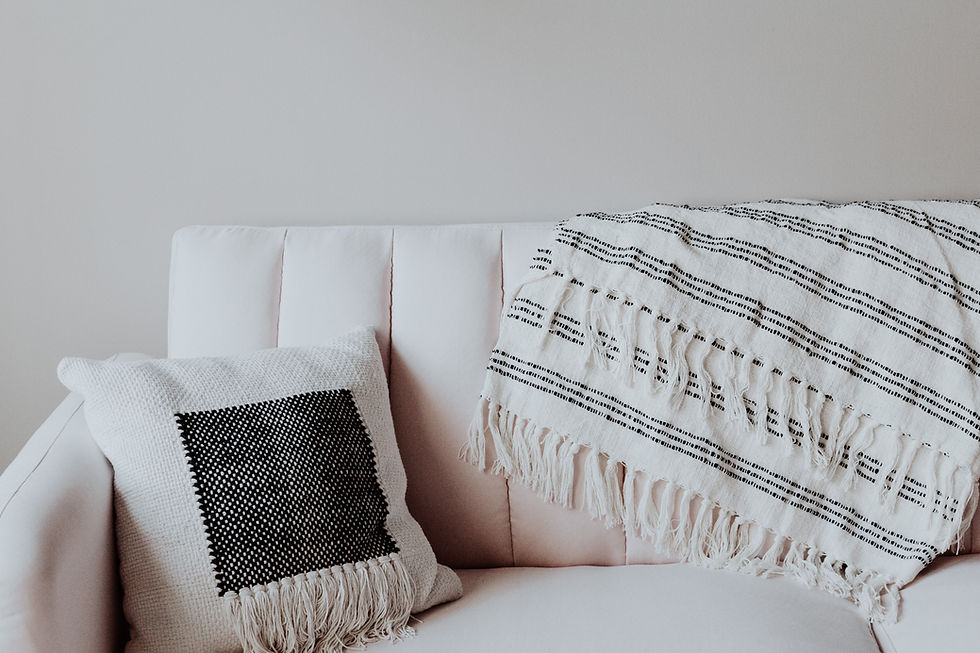Seeing a psychiatrist
- Dr Abrar Hussain

- Nov 1, 2021
- 2 min read
Updated: Mar 4, 2022
For some, it can feel daunting to see a psychiatrist. Meeting someone new and explaining what is going on can be difficult. This article explains what to expect in a psychiatric consultation.

A psychiatrist is a medically trained professional. After completing medical training, a doctor needs to undergo further post graduate training to become a psychiatrist. In the UK, this training spans at least 6 years. As medical science keeps expanding, psychiatrists need to undertake regular continuing professional development activities and have an annual appraisal. In addition, like other doctors, they need to hold a licence to practice medicine and undergo GMC revalidation every 5 years.
Role of a psychiatrist
A psychiatrist is trained to carry out a psychiatric assessment, make a diagnosis and offer treatment. Additionally, some psychiatrists may be trained in specialist areas or in psychological therapies. They will have the clinical and communication skills to help them arrive at a diagnosis or a differential diagnosis (in cases where the diagnosis may not be clear). They will listen to you and understand your concerns. You should feel able to ask any questions you may have about your diagnosis or treatment.
Choosing a psychiatrist
With the availability of video consultations, it is now possible to see a psychiatrist based in any location. However, seeing someone local has advantages as they may have awareness of other local services and be able to work in collaboration with your GP. It is important to read the profile of the psychiatrist before you see them.
If you are looking for something specific from the consultation, it is best to ask the psychiatrist beforehand, for instance you may want to rule out a specific condition or may be looking for a particular medication. Your GP or insurance company may also be able to give you names of psychiatrists they recommend.
The consultation
The assessment will cover different areas and the psychiatrist will ask questions to gain this information. In addition to exploring the current concerns, other areas explored include previous symptom history, physical health status, substance use, social circumstances, family history and childhood experiences. After the assessment is complete, the psychiatrist will usually discuss the diagnosis and next steps in the consultation. Rarely, another meeting may be needed to confirm the diagnosis.
Sometimes, the psychiatrist may need to speak to a family member with your consent to get some collateral information. After the consultation, they will usually write to your GP and send you a copy of the assessment. Your consent is needed for the information to be shared.
To make the best use of the assessment, write down any questions you may want to ask in the consultation. Having a list of your medication with doses is very helpful.
After the consultation, the psychiatrist will discuss the need for any follow up appointments. This will depend on your diagnosis, severity of symptoms and the treatment plan.




Comments